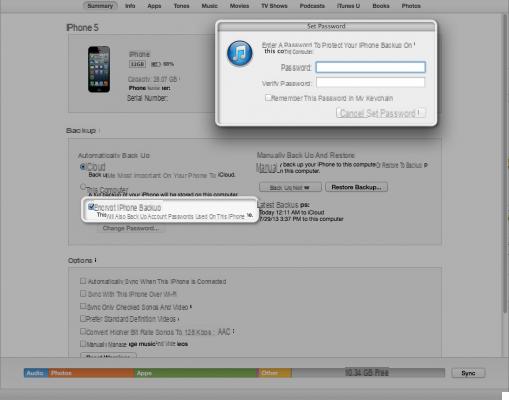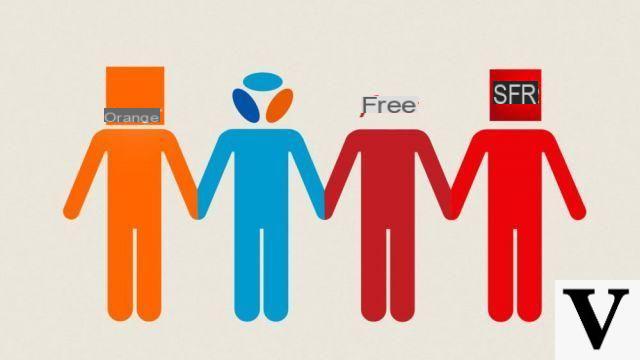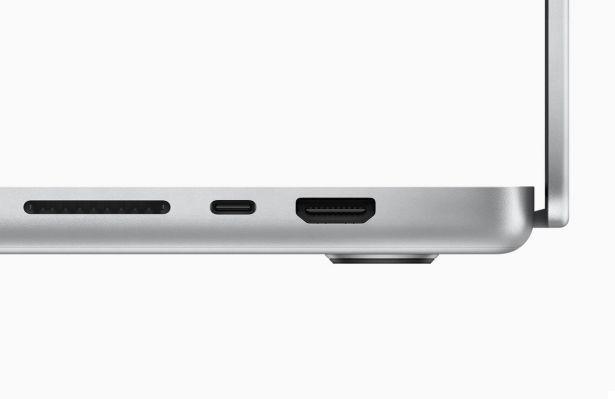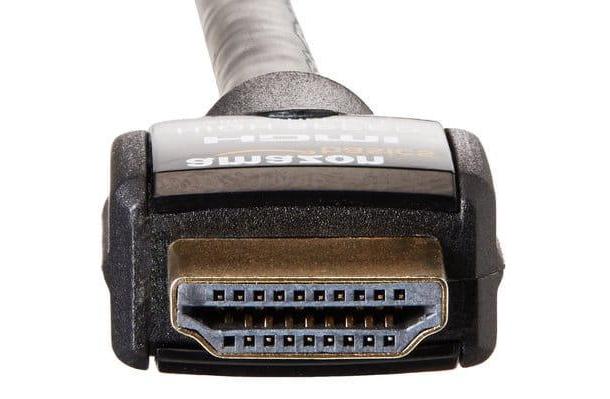
The fate of the HTTP protocol is sealed, at least on Chrome and Firefox. In an attempt to create a more secure web, Google and Mozilla browsers will in fact report how not sure websites that use the HTTP protocol to transmit passwords and other sensitive information.
The most attentive users will surely have noticed that the service had already been launched in beta a few months ago on both browsers. Now after a testing period, the warnings will take effect. In particular, Chrome has decided to start with a gradual path: first it will only indicate the HTTP sites that handle access keys and credit card data, and then finally get to report all the websites not protected by the HTTPS protocol. And Firefox will likely follow a similar path too. In the new versions, Chrome 56 e Firefox 51, users will be warned when they open a site that still uses the old and dangerous HTTP protocol.
Here's how Chrome and Firefox warn users
The two browsers apply more or less the same "alarm" system. Only the icon changes. Firefox warns users that the connection is not secure when they are browsing sites that require passwords or credit card information. The Mozilla browser in this case will show a padlock with a red dash on it. Chrome, on the other hand, will report unsafe pages with an icon in the shape of an exclamation point accompanied by the description "unsafe site". Both browsers will continue to use the famous green padlock in the presence of protected sites. The two companies therefore move in unison against the HTTP protocol: in fact, the goal is to move all internet traffic to the more secure HTTPS system.
HTTPS vs HTTP
When we open a website that uses the HTTP protocol someone could read or modify the page before we load it. Therefore, since it is not an encrypted site, the chances of it containing malware are very high. Result: our data could be easily intercepted. The task of the protocol HTTPS it is instead to protect these transmissions. It therefore becomes fundamental, especially because of the continuos hacker attacks, pay attention to which sites we entrust our data. And the two browsers took to the field to help us.
Chrome and Firefox warn you if you are browsing an unsafe site


























